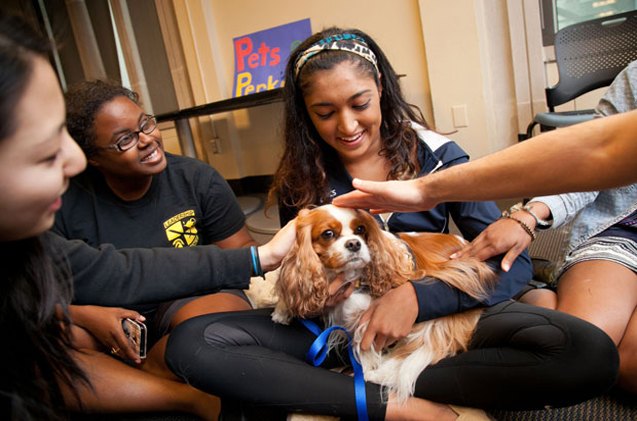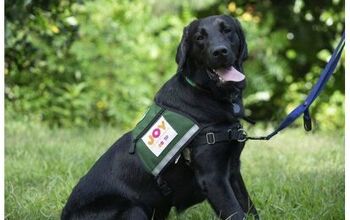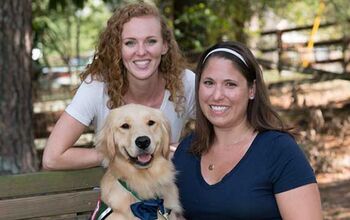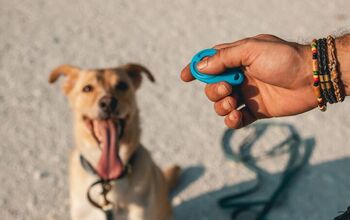Can Therapy Dogs Affect Echocardiogram Results?

The Human Animal Bond Research Initiative (HABRI) is always looking to research and scientifically document the health benefits companion animals can give to us in all aspects of life. Their foundation grants various studies to do this, and the latest grant given to Duke University will study the effects of service pets in relation to pediatric echocardiography.
HABRI announced they awarded the Duke University School of Medicine’s Division of Pediatric Cardiology $44,000 to study the impact of animal therapy on young children as they are about to undergo an echocardiographic procedure. Echocardiography uses ultrasound to essentially look inside the heart and take pictures for doctors to make diagnoses and treatment plans, and though not invasive, often, younger children will experience anxiety about the procedure, which could affect the outcome of the pictures and therefore, treatment recommendations.
Related: Hospital Builds Room Where Patients Can Play With Their Pets
Researchers predict that if children have interaction with therapy dogs before and during the procedures, they will be able to be relaxed enough to allow a more complete and better quality echocardiogram. More, they hypothesize that parents will be happier with the procedures as well, if their children are less stressed and better information is gathered, and this will impact visitation scores by parents.
Lead Investigator of the study, Dr. Piers C.A. Barker, of Duke University’s School of Medicine says that often, children who have a problem being still for the echocardiograph need to be sedated in order for them to get the quality of pictures they need for accurate assessment. If the predictions of this study are positive, they will show that animal-assisted therapy may prevent the need for as much sedation, as well as impact the quality of the echocardiograms. Less or no sedation of the children is always in the best interest of the patient as well as the parent’s mental state of mind.
Related: Can Therapy Dogs Help Lower Medication Amounts For Pre-Op Kids?
The study will take place over two and a half years and will include the participation of North Carolina State University’s College of Veterinary Medicine, as well as the Pets At Duke Program. The Pets At Duke Program certifies therapy dogs so they can be of service to patients in the Duke University Health System Hospitals. It’s already been shown that pet therapy is successful in the reduction of anxiety in many medical procedures, and researchers state that if their predictions are accurate, this study could lead to more research being done to see what else service dogs can do to assist in the medical profession.

More by Lori Ennis























